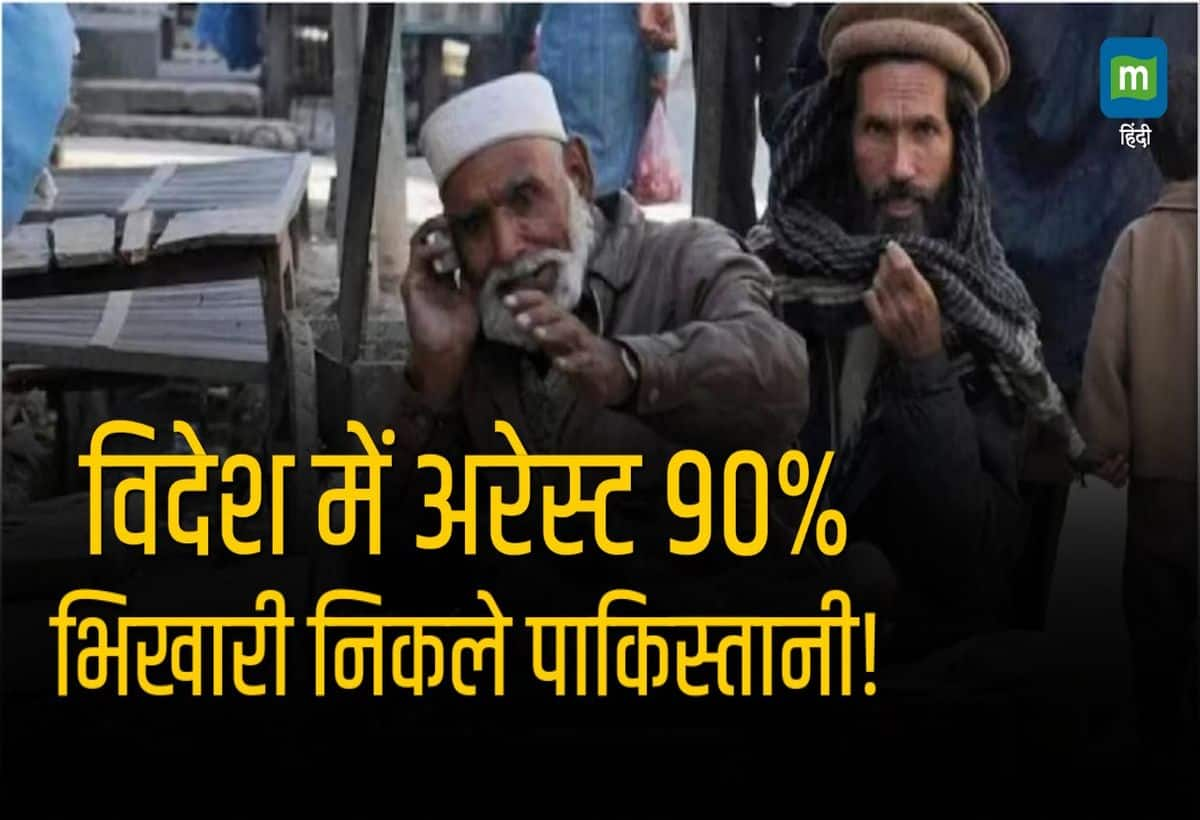Introduction
The issue of Pakistani beggars operating in Saudi Arabia has raised significant concern for the Saudi government, particularly with the increasing number of individuals arriving under the pretext of Umrah and Hajj pilgrimages. This situation poses challenges not only for Pakistan but also for the integrity of religious pilgrimages, prompting a call for action from both governments.
Rising Concerns in Saudi Arabia
Officials in Saudi Arabia have flagged the influx of Pakistani beggars, urging Pakistan’s Shahbaz Sharif administration to intervene. They have requested that Pakistan’s Ministry of Religious Affairs take steps to prevent these individuals from obtaining visas for the purpose of pilgrimage. Reports indicate that over 90% of beggars detained in foreign countries are Pakistani nationals, a statistic that emphasizes the urgency of the situation.
Impact on Umrah and Hajj Pilgrims
A report from the Express Tribune highlighted warnings from Saudi authorities that if the issue of beggars is not adequately addressed, it could adversely affect the travel of legitimate Umrah and Hajj pilgrims from Pakistan. This has placed additional pressure on the Pakistani government to find a solution.
Governmental Response
In light of these concerns, the Pakistani government has initiated plans to amend existing travel regulations. The Ministry of Religious Affairs has proposed the introduction of a new “Umrah Act,” aimed at tightening the regulations surrounding travel agencies that organize Umrah trips. This new legislation is part of a broader effort to ensure that the travel industry is under strict legal supervision, thereby minimizing the potential for abuse of pilgrimage visas.
Addressing the Underlying Issues
During a recent meeting with Saudi Ambassador Nawaf bin Said Ahmed al-Maliki, Pakistani Home Minister Mohsin Naqvi assured that decisive action would be taken against the networks allegedly facilitating the travel of beggars to Saudi Arabia. This outreach signals a commitment to tackling the root causes of this issue and restoring the integrity of pilgrimage processes.
Statistics and Findings
| Statistic | Details |
|---|---|
| Percentage of Pakistani Beggars Abroad | Over 90% |
| Estimated Number of Pakistanis in Saudi Arabia | Approximately 3 million |
| Number of Pakistanis in the UAE | About 1.5 million |
| Number of Pakistanis in Qatar | 200,000 |
The Exploitation of Pilgrim Visas
Foreign Ministry Secretary Zulfiqar Haider recently disclosed that many beggars exploit their pilgrim visas to enter Saudi Arabia, Iran, and Iraq. Upon arrival, they often engage in begging, tarnishing the reputation of Pakistani travelers. The impact of this activity is far-reaching, affecting the experiences of genuine pilgrims and raising concerns about public safety.
Recent Arrests of Pakistani Nationals
Reports have detailed incidents where Pakistani individuals engaged in pickpocketing at prominent holy sites, including Mecca’s Grand Mosque. Such activities have led to a crackdown by local authorities, further complicating the reputation of Pakistani nationals abroad.
Conclusion
As the situation evolves, it is crucial for the Pakistani government to act decisively in regulating the practices surrounding Umrah and Hajj travel. By implementing stricter laws and enhancing oversight of travel agencies, Pakistan can work to protect its citizens’ interests while preserving the sanctity of religious pilgrimages, thereby fostering goodwill between both nations.












